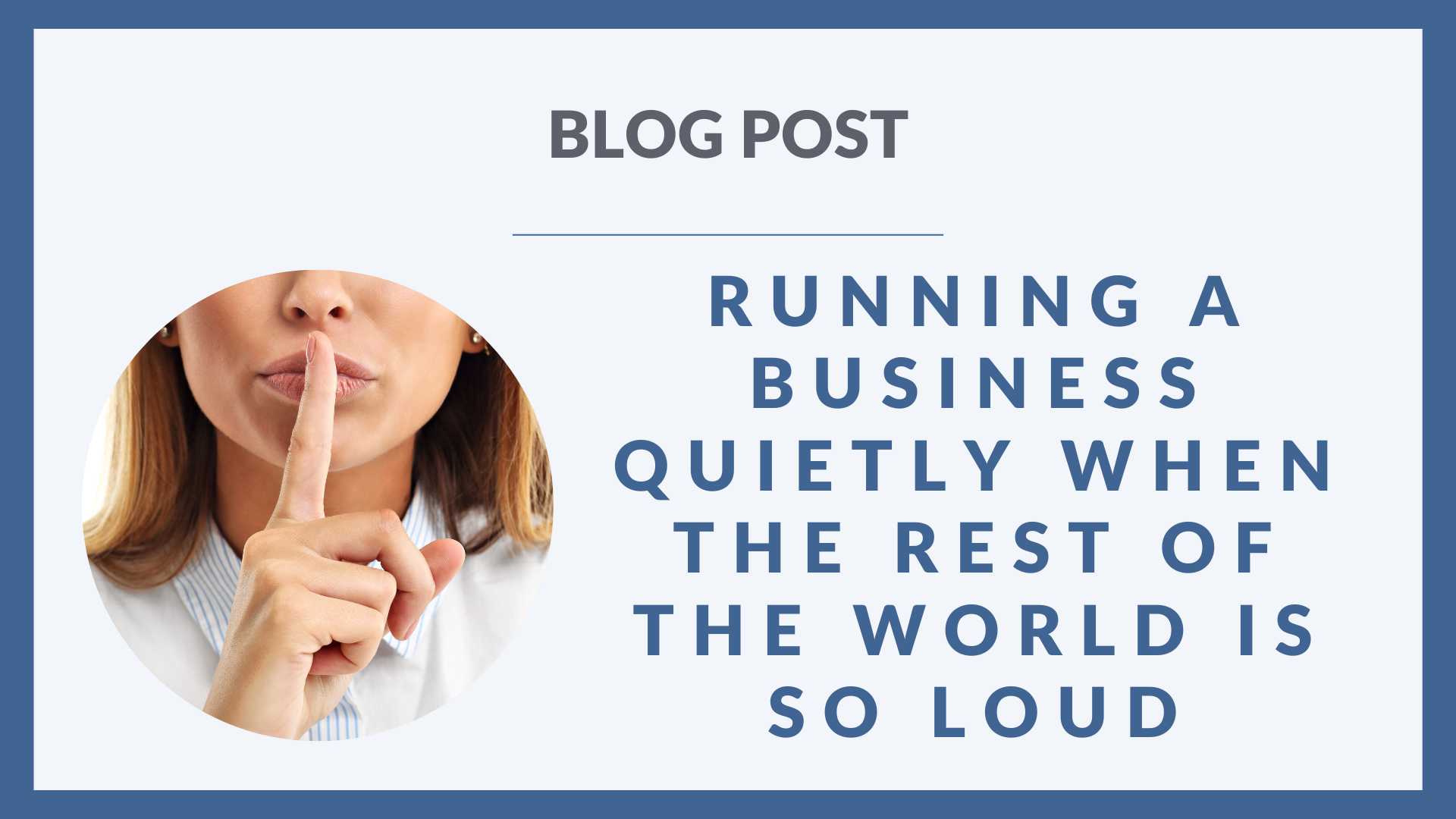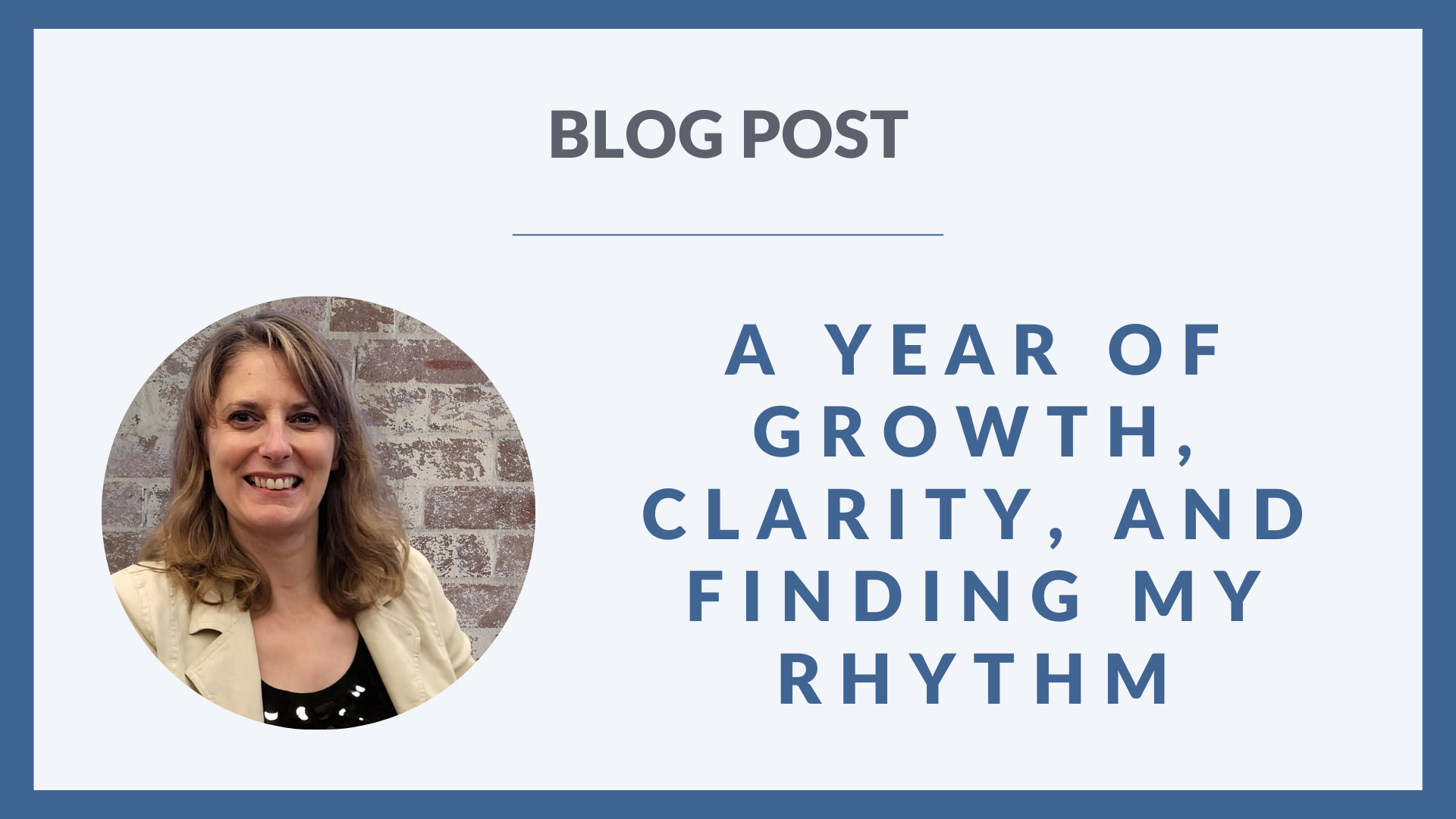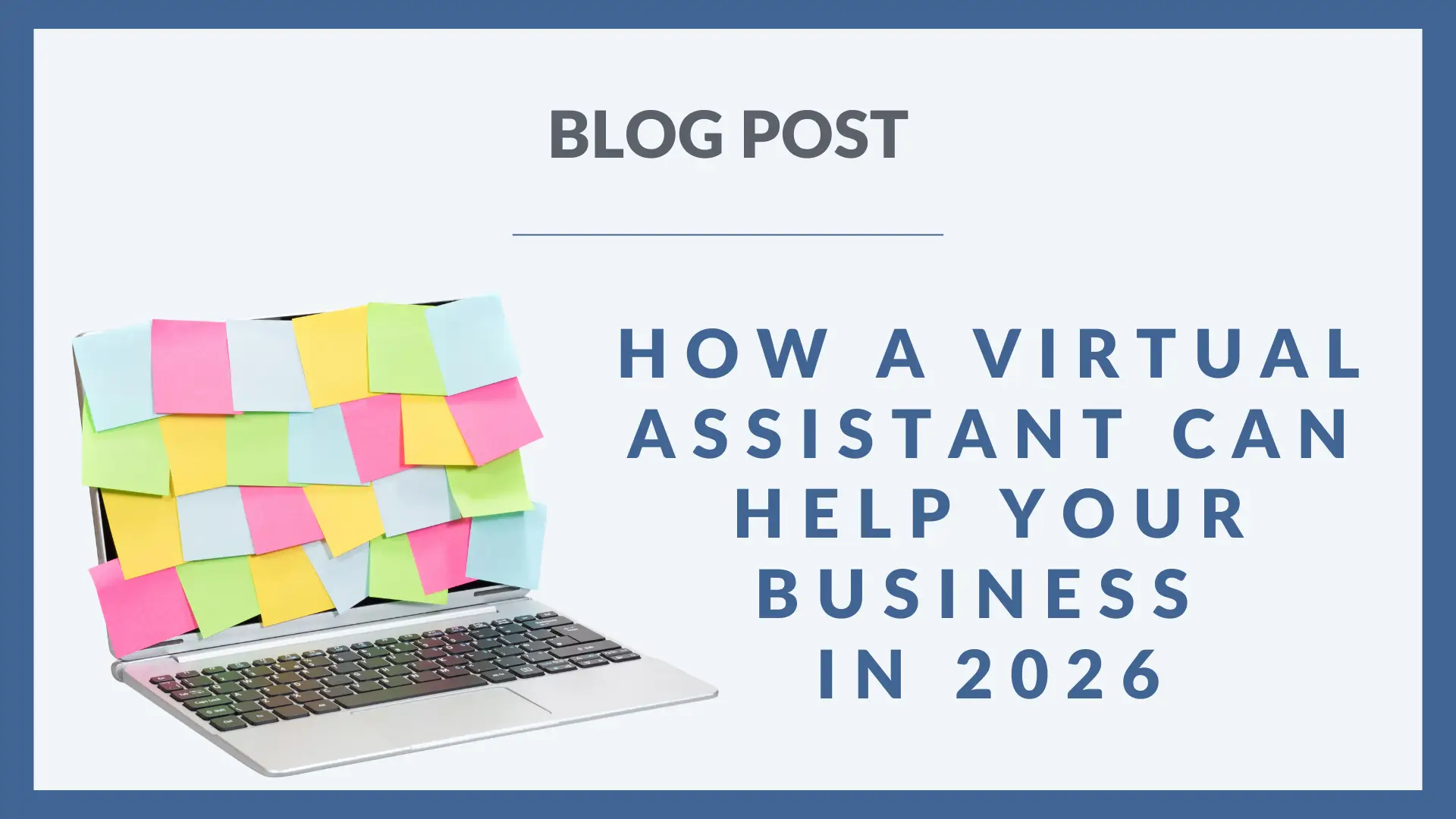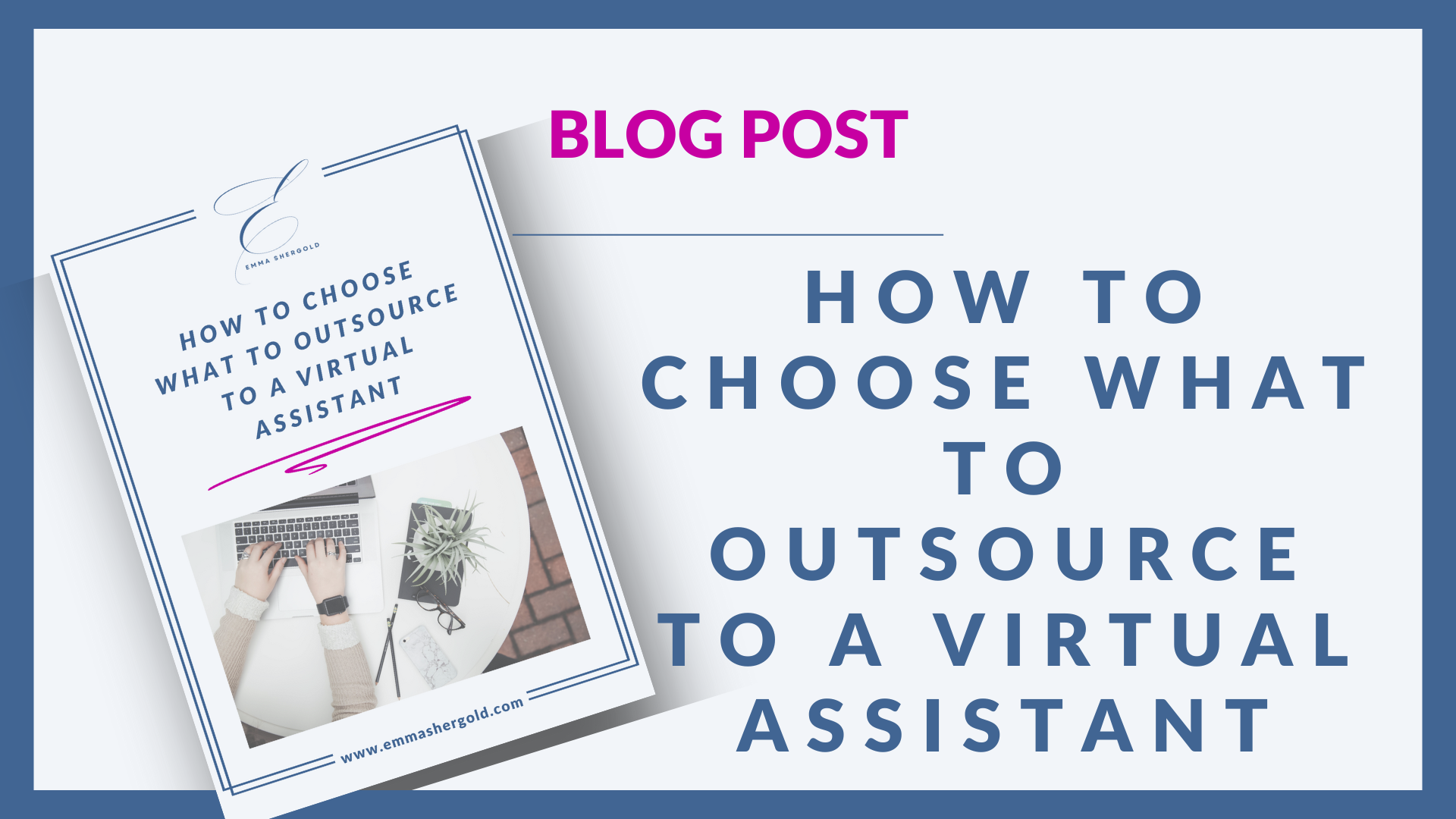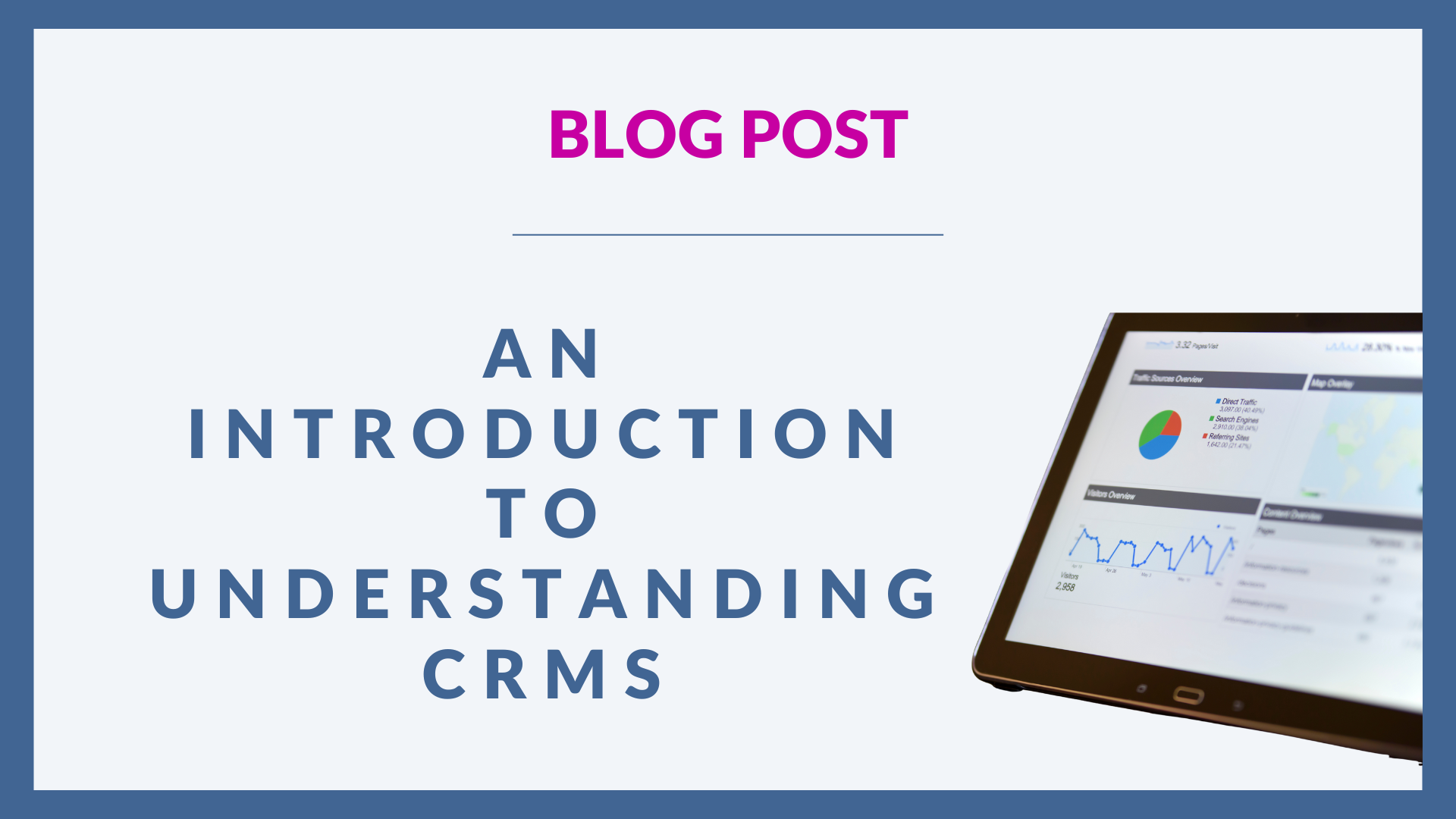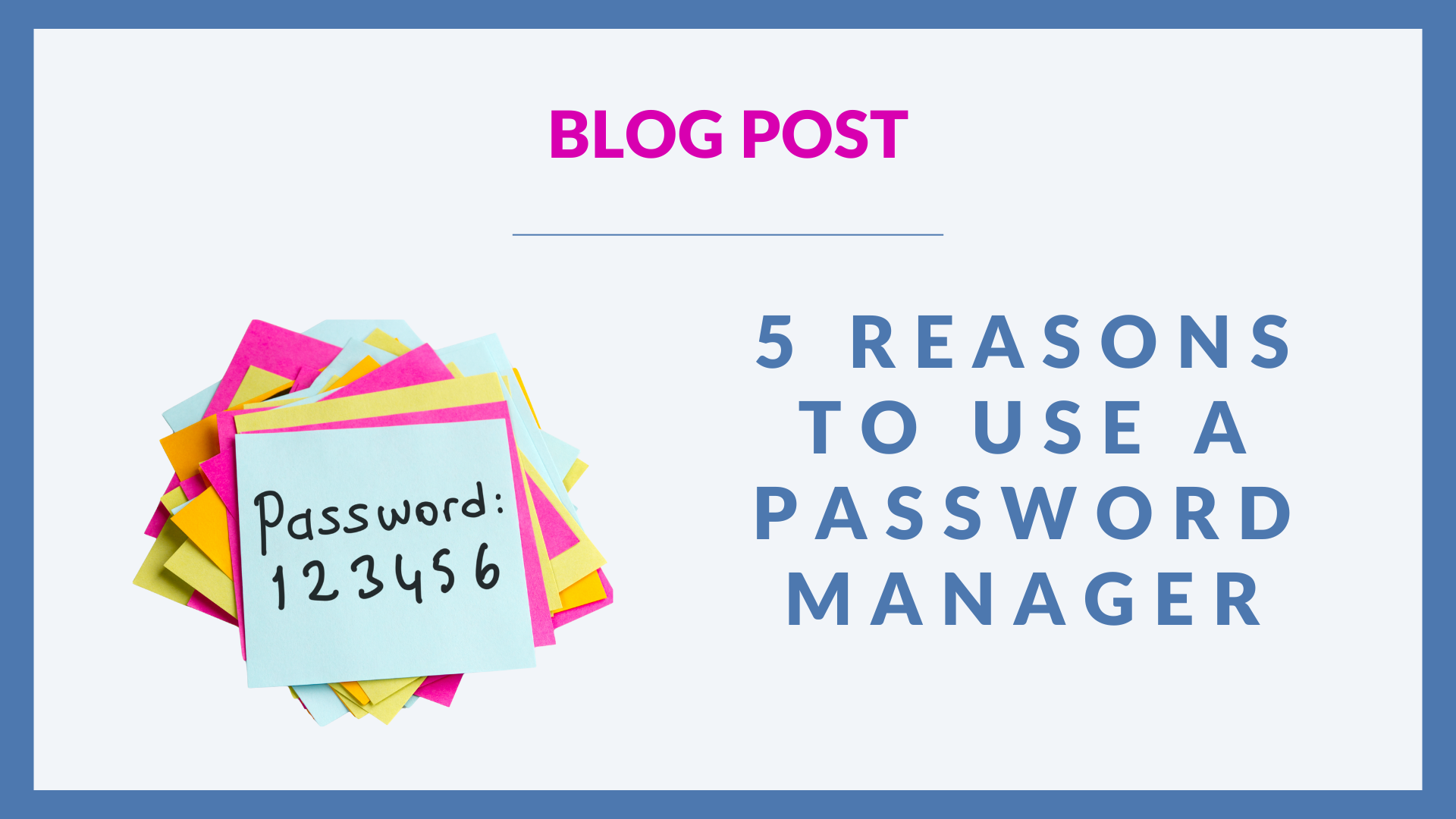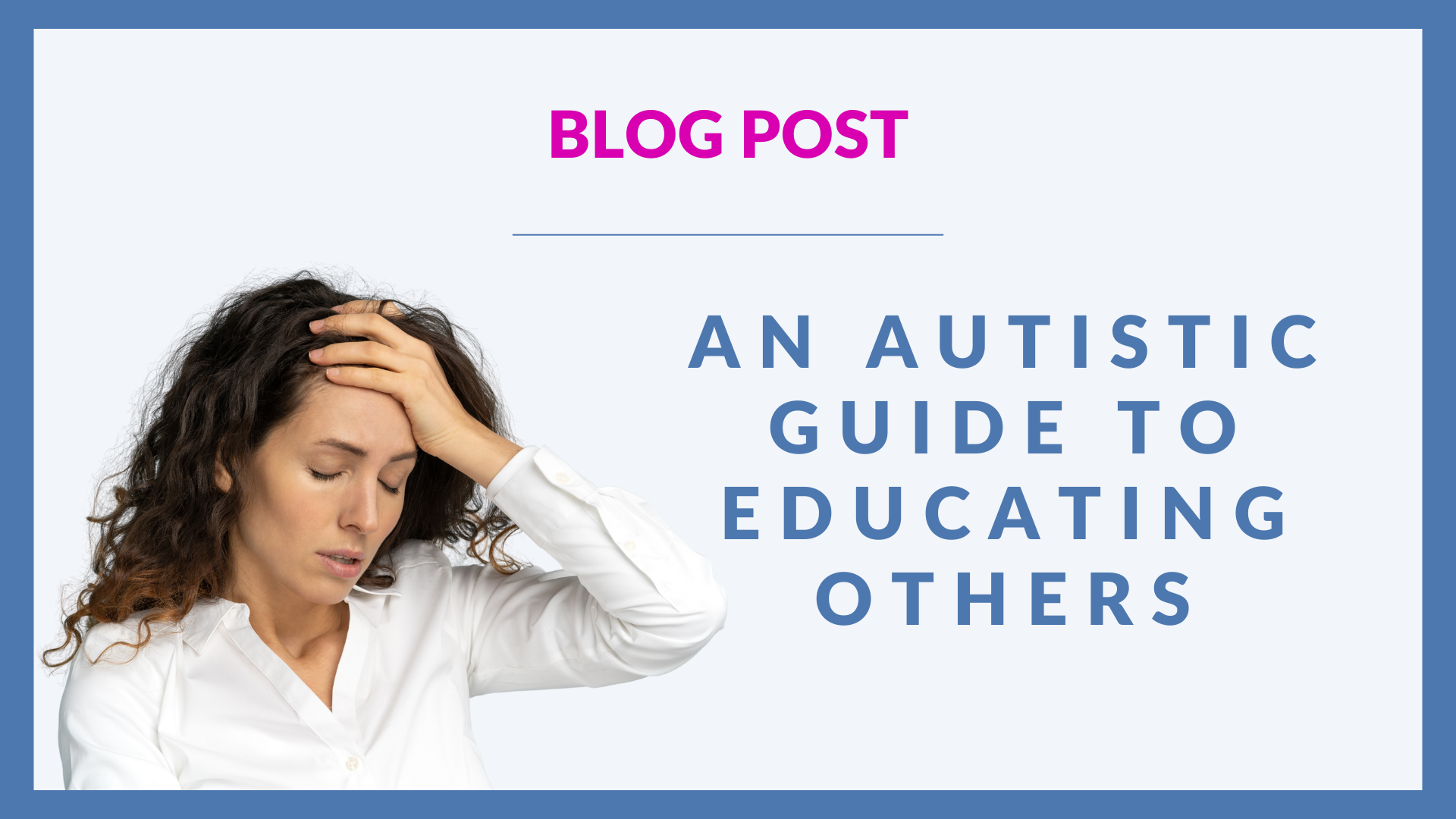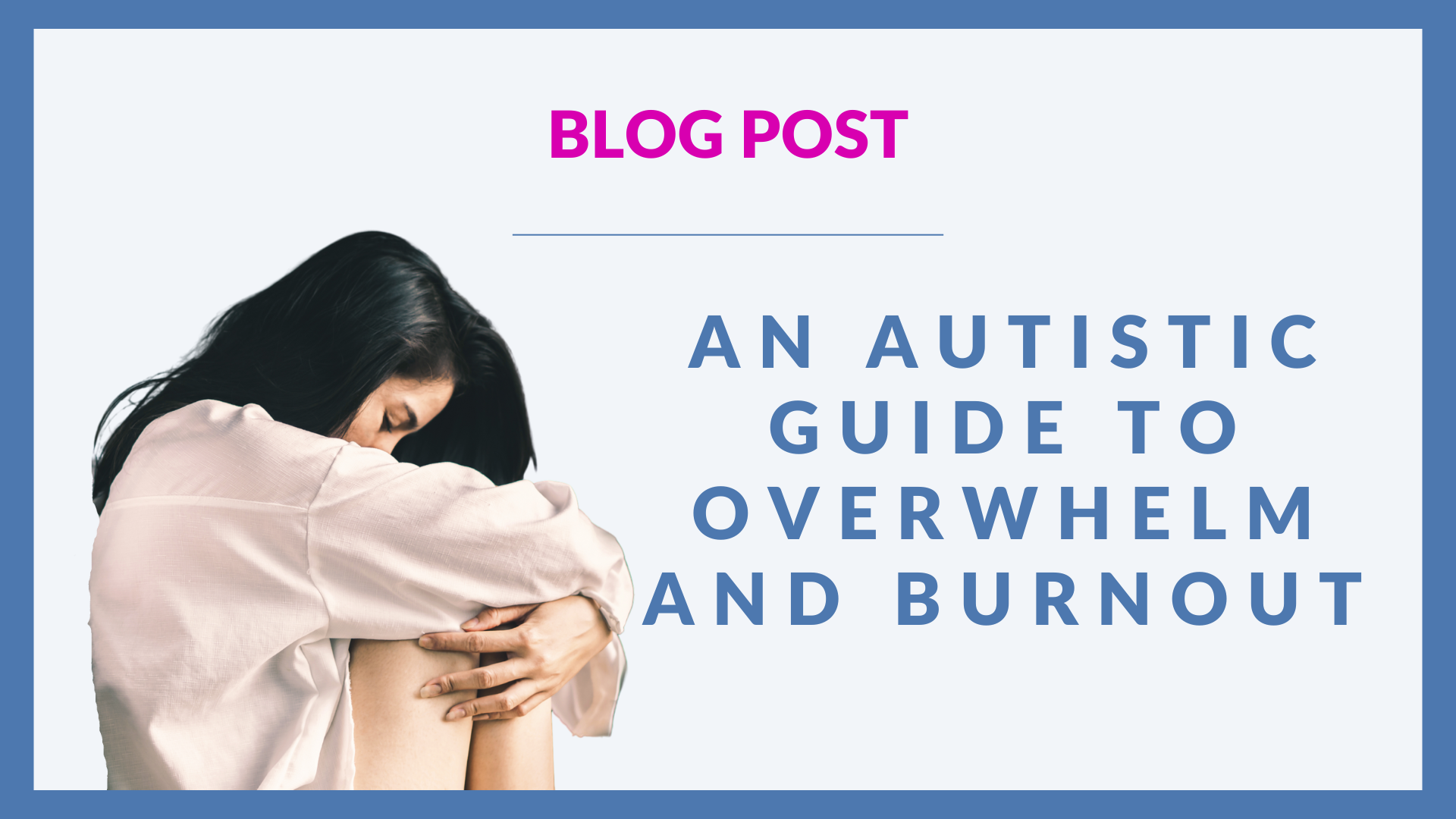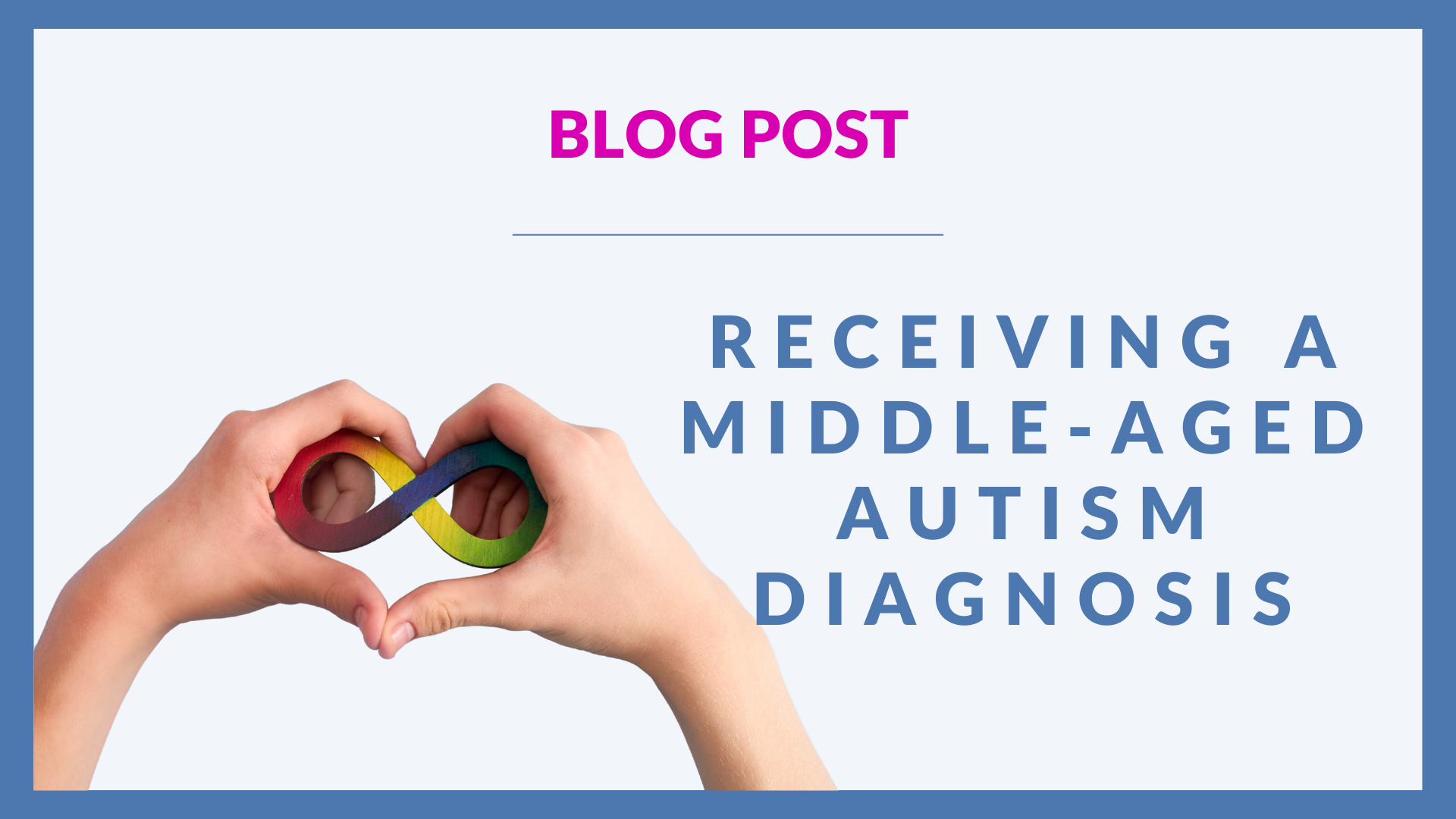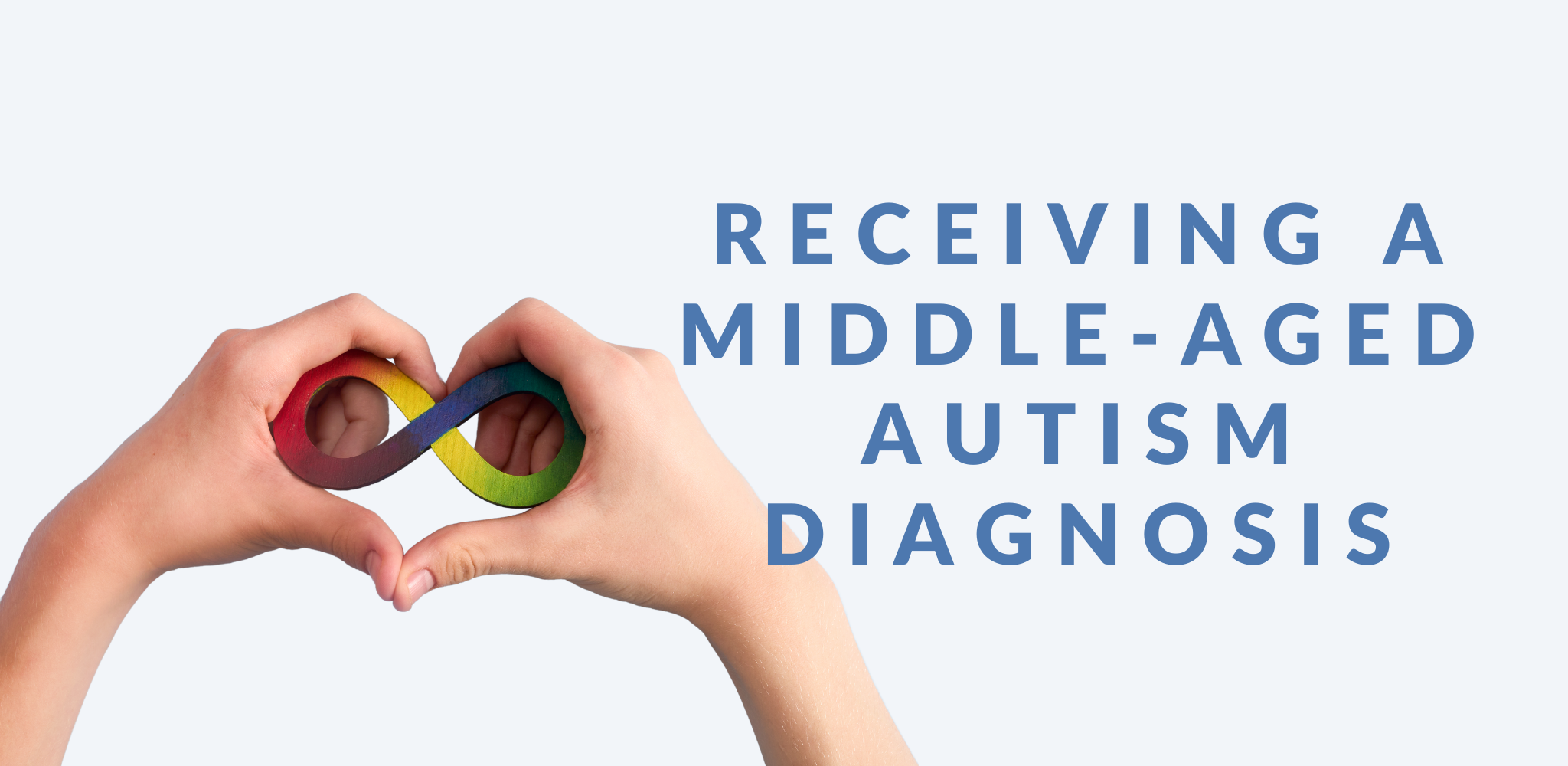
Recent Posts
- All Posts
- AC Member Directory
- Admin Corner Blog
- AuDHD Lifestyle Coaching
- Main Blog
- Mental Health
- Neurodivergence
- Office Management
- Operations & Systems Virtual Assistant
- Productivity
- Run Coaching
- Sports Massage
- Transformational Coaching
- Transitional Coaching
Categories
RECEIVING A MIDDLE-AGED AUTISM DIAGNOSIS
For more than 30 years, I felt that I didn’t fit in, was told to try harder and struggled with worsening mental health difficulties.
And then, at the age of 42, I finally received an official diagnosis. I wasn’t not broken, I didn’t need to be fixed, I AM AUTISTIC!
The psychiatrist who did my assessment was brilliant and she concluded there is no doubt that I am autistic.
Both of my parents were there too, so at the end of the assessment, the psychiatrist asked if we wanted to know what autism meant in different areas of development, what I would have found so difficult in certain aspects of my life, and why it has been left undiagnosed for so long.
Although I had done a lot of research over the 18 months prior to my assessment, I suggested it was explained it for my parents’ benefit and to save me having to say it all to them myself.
After all the heartache and battle to get to this point, I can 100% say it was worth it as the relief of hearing someone else saying it all was immense.
The more the psychiatrist explained what I had struggled with my whole adult life and how it had impacted me, the more I felt validated that I hadn’t been making it all up! I was not broken, I didn’t need to be fixed – I am autistic!
It was like 40 years of worry, stress, and anxiety had been lifted off my shoulders in the form of great big sobs! I couldn’t stop crying!
I hear people talk about when they go on holiday and switch off from everything at home. Holidays are stressful for me so I’ve never really had that feeling, but imagine it would be something like this, just somewhere warmer.
My brain felt empty for the first time that I can remember as I finally let go of everything that didn’t make sense.
The psychiatrist wrote to my GP and let them know the diagnosis and to also ask them to refer me for an ADHD assessment as she thought there were signs of that too.
My GP could apparently advise me of the support that is available to me in our area, but I’m not holding out much hope given how incompetent and unsympathetic they have been so far, so Autism Hampshire and The National Autistic Society will probably be better places to go.
Although there isn’t a treatment for autism, the relief was probably the best ‘medicine’ I could have had. The relief was so unexpected and I understood when others have said that a diagnosis doesn’t change anything, but changes everything.
I never wanted the diagnosis to use as an excuse for things, but I feel so empowered to use it as a reason now. A reason why I love being alone, a reason why I don’t want to go to that party, a reason why I am who I am.
I’m not broken and I don’t need to be fixed, I’m just me!
LEARN MORE ABOUT ADULT AUTISM
If you would like to learn more about autism, and particularly how it presents in women and girls (which can be very different to boys), I would highly recommend the following resources:
- Girls and Women and Autism: What’s the difference, by Sarah Hendrickx
- Aspergirls, by Rudy Simone (available in paperback and audiobook)
- Following hashtags on Instagram, such as #ActuallyAutistic #AutisticAdult #AutismAwareness and #AutismCommunity. Most of these are also on other social media platforms.
- Following accounts on Instagram, such as @embrace.autism (with research-based information) @autistic_at-40, @livedexperienceeducator, @jesdiverges, @autistic_therapist, and @squarepeg.community (which is also a great podcast)
SUMMARY
Whether you are exploring the possibility that you are autistic yourself, would like to support someone else, or are interested in understanding a bit more about this process, it’s important to remember that obtaining a clinical diagnosis is not possible or wanted by everyone.
In an ideal world, no-one would need to have a diagnosis in order to be heard by all the people who have denied support.
But, sadly, this is still the reality for many late and un-diagnosed autistic adults. The process is difficult because you have to expose everything you find difficult in your life and share all the things you have struggled with before this point.
And the waiting list for a non-private assessment is several years in the UK.
Some people are able to self-identify as autistic, but for others the ‘formal’ diagnosis is required to obtain the support they desperately need.
DO YOU NEED SOME SUPPORT WITH EXPLORING YOUR NEURODIVERGENCE?
Whether you are exploring the idea that you might be autistic and/or ADHD, have received a diagnosis and don’t know what to do next, or would like some support to unmask in different areas of your life, I will provide a compassionate and empathetic space for you to discover who you really are.
The first step is to book a free discovery call. This is a Teams video chat where we’ll get to know each other, talk about where you are, what changes you’d like to make, and how I can help you.
Alternatively, if you would like to know more about how I can support you, please either send me a message or email [email protected].

